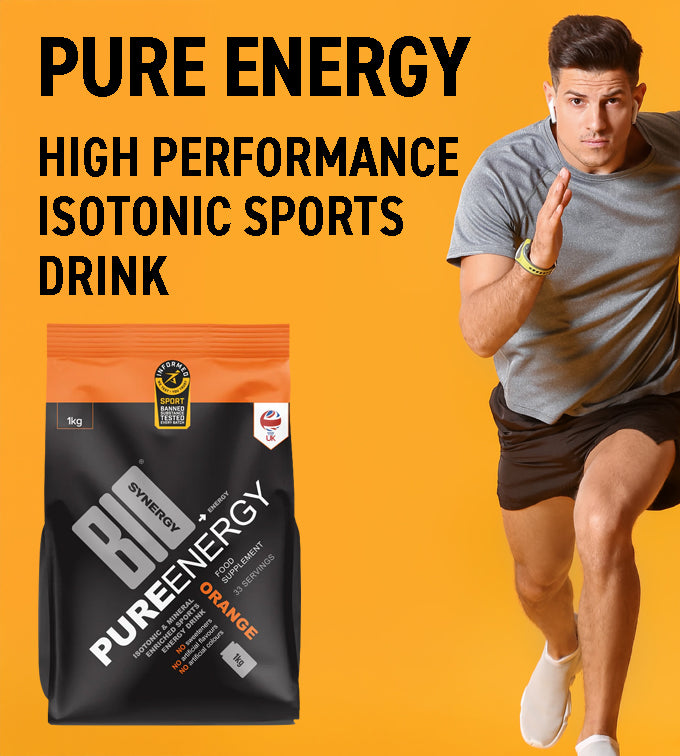Swimming is one of the best all-around exercises for building a lean and toned physique.
Making sure you take on the correct nutrition is key to optimising your performance and time in the pool.
Recent research has been able to help indicate how taking on the right energy drinks can aid in the performance of a swimmer. A number of swimmers performed a countermovement jump, a maximal handgrip test, a 50 meter simulated competition and a 45 second swim at maximum intensity in a swim ergometer. A blood sample was taken one minute after the ergometer test was completed.
The researchers from the Camilo José Cela University in Spain said the commercially available energy drink increased countermovement jump height – a backflip from standing, improved handgrip force in the right hand and increased peak power during a 45-second swim.
The caffeinated swimmers also took less time to complete the 50 metre swimming competition.
Meanwhile, three out of 14 of the swimmers did not benefit from the energy drink intake.
They said the results showed moderate doses of caffeine could improve performance, rather than larger doses of over 6 mg often used by swimmers and other athletes.
Side effects?
The swimmers also completed a questionnaire to assess subjective feelings of power, endurance and fatigue as well as sleep quality, nervousness, gastrointestinal problems and other discomforts.
The dosage given was well within the safe consumption levels set by the European Food Safety Authority (EFSA) earlier this year. EFSA said 400 mg of caffeine a day and 200 mg in one sitting was not a safety concern for adults.
Caffeine can be used as an ergogenic aid—a substance that enhances speed and stamina.
The use of caffeine in sports – when urine concentration exceeded 12 µg/ml – was considered doping from 1984 until 2004.
Yet the World Anti-Doping Agency (WADA) moved caffeine off the list of banned substances in 2004 due to concerns over how to distinguish between ‘normal’ and performance enhancing intakes.
“Although caffeine was removed from the World Antidoping Agency (WADA) list of doping substances in 2004, national and international anti-doping authorities are still concerned about the use and misuse of this substance in sports. Caffeine has been periodically included in the WADA Monitoring Program.”
Browse our entire range of energy sports supplements, including Pure Energy, Energy Charge and Super Charge. #MakeItHappen







